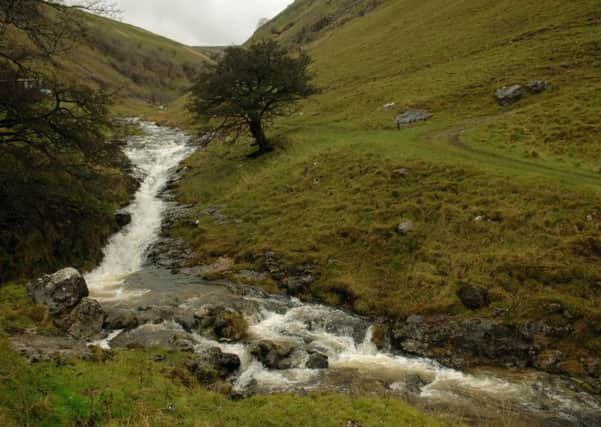New rules dictate how farmers can cut water pollution


The strict new regulations include a stipulation that fertiliser must not be used when the soil has been frozen for more than 12 hours in the past 24 hours or within 2m of inland fresh waters, coastal waters, springs, wells or boreholes.
The rules officially came into force on Monday. Among other regulations, they also require cultivated agricultural land to be measured for nitrogen, phosphorus, potassium and magnesium levels to inform how much fertiliser or manure is appropriate.
Advertisement
Hide AdAdvertisement
Hide AdJames Copeland, senior environment and land use adviser at the National Farmers’ Union (NFU), said the new rules were helpful but farmers should be recognised for how they had become far more efficient at using fertiliser over recent decades.


“Agriculture has an important role in maintaining and protecting our soils and water, as well as supporting a productive food sector, and farmers have made significant changes and improvements in recent years,” he said.
“Fertiliser application rates have decreased since the 1980s, nutrients are being used more efficiently and farmers are protecting water voluntarily through industry-led initiatives.”
Not the rules are not without problems, he said, adding: “Whilst we are encouraged by the fact that the new rules will provide farmers with an advice-led approach to demonstrate best practice, there is still concern over what the impact will be for farmers on the ground and how the new rules will be interpreted.”
Advertisement
Hide AdAdvertisement
Hide AdOf concern is a rule which states that land within 5m of inland fresh waters and coastal waters must be protected from significant soil erosion by preventing ‘poaching’ by livestock - animals trampling mud on land next to water courses.


Mr Copeland said the NFU is yet to see how the preventative measures required for this may be applied to small watercourses in the hills.
He said: “The NFU continues to seek clarity from Defra and the Environment Agency on the scope and impact of the new rules ahead of its first review in 2021, but also reassurances that Brexit provides an opportunity to devise a regulatory regime that supports productive agriculture while also protecting the environment.”